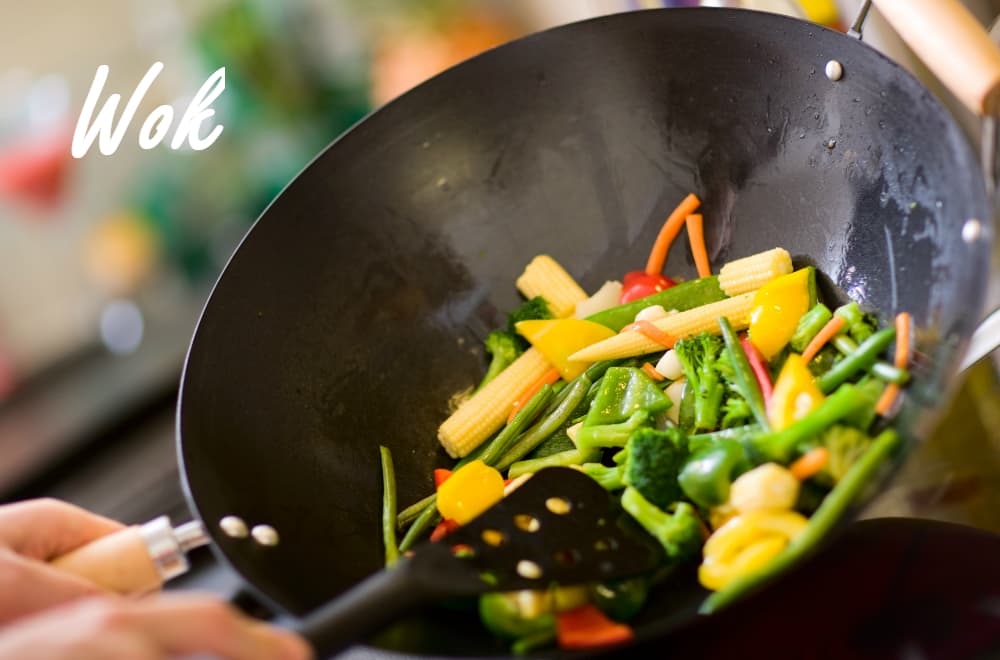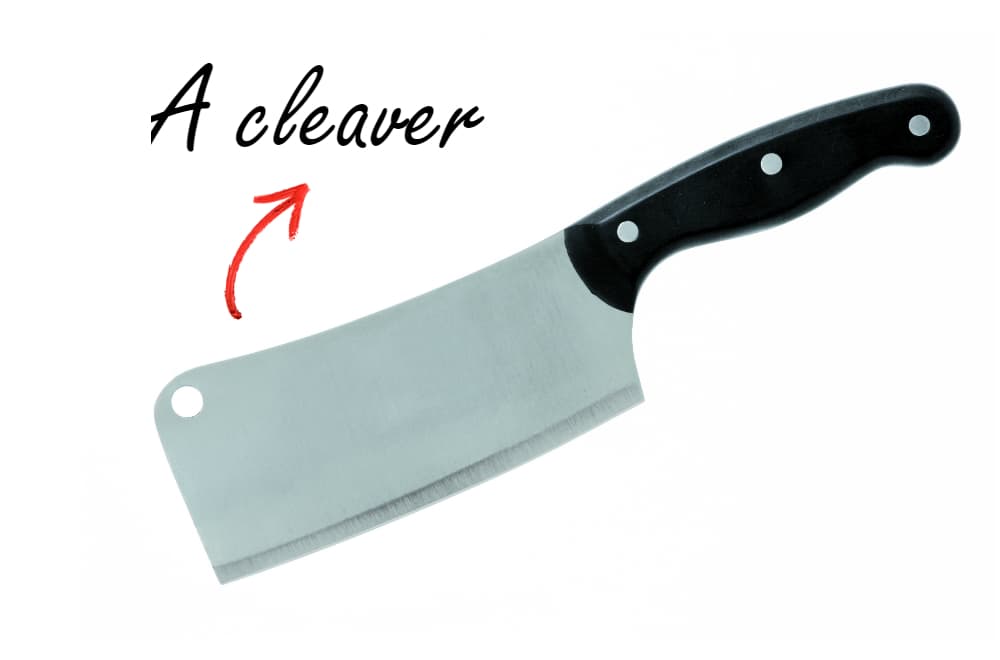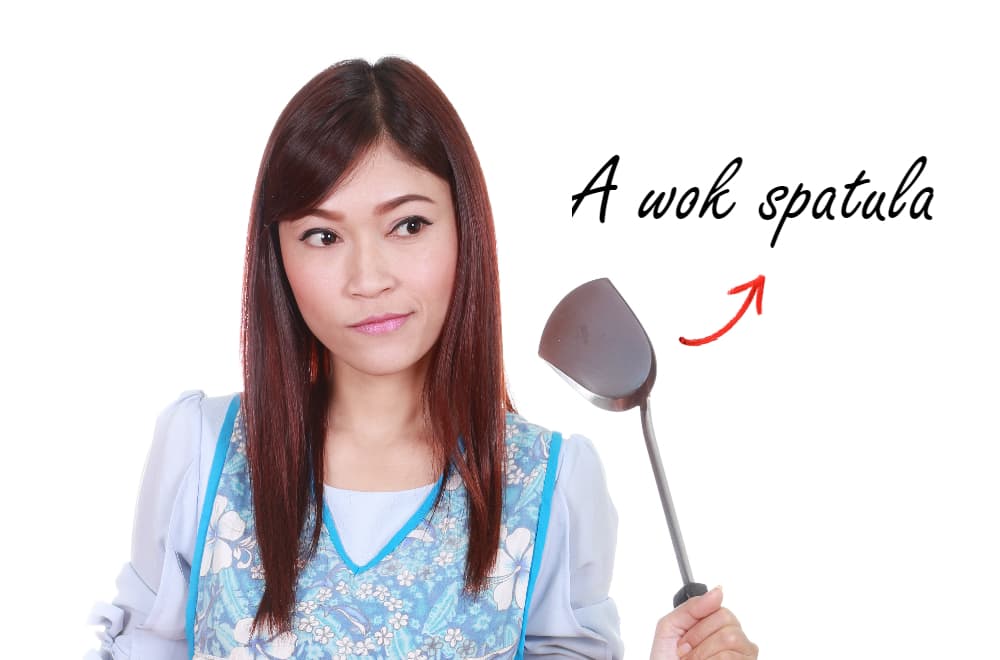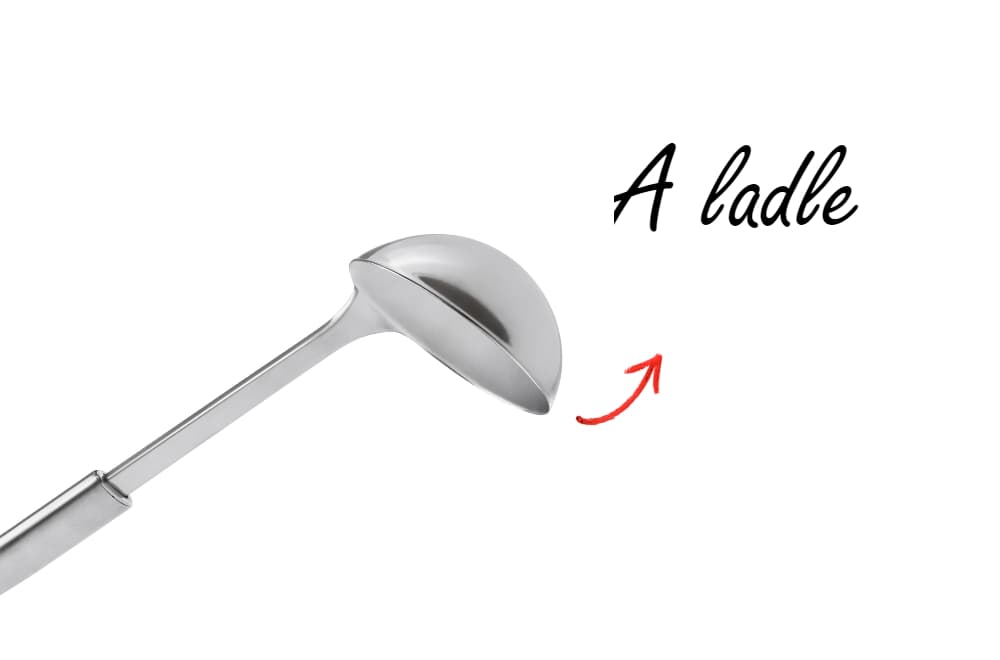Chinese Food Culture - Chinese Cooking Tools
Chinese Food Culture
Chinese Cooking Tools
What links stir-frying, steaming, poaching, deep-frying, stewing and boiling?
Wok

What links stir-frying, steaming, poaching, deep-frying, stewing and boiling? A wok, of course.
Big or small, brand new or a family favorite, a wok puts the soul into Chinese food. We call it Wok Hei or Wok Chi – the ‘breath of the wok’. Technically it’s the thermal radiation from ultra-high stir-fry-friendly heat that’s the restaurant secret to authentic Chinese flavor. But don’t worry if you don’t have a wok, or a high temperature stove. A decent non-stick pan and everyday stove will do the job.
A cleaver

All you really need to get started with Chinese cooking is a good kitchen knife. But if you want to brush up on your chopping skills, try a Chinese cleaver. It’s wider and heavier than Western ones, making it a textbook tool for shredding, slicing thinly or when you need to give your ingredients a bit of energy. It takes a bit of practice, but try gripping the blade itself to cut with. If you’re tackling something chunky like ribs or pumpkin, you’ll need to hold the handle like you would a normal knife and use the cleaver’s weight to chop down.
A wok spatula

With a flat blade spatula – or wok charn in Cantonese – you’ll be a stir-fry whiz in no time. A normal wooden spatula is also great. Or, if you’re handy with chopsticks, use those.
A ladle

Small and bowl-shaped, a ladle is a super soup scooper. Use it to get every last drop of soup or gravy from a pot.
Clay pot

Along with stir-frying and steaming, stewing is one of the best ways to capture all the goodness and great flavor in food – especially meat that needs a bit of tender care and longer cooking time. That’s where a clay or sand pot comes into its own. Chinese families love them because they keep stews and clay pot rice hot even after they come off the stove. If you don’t have one in the cupboard, use a good sturdy casserole or cast iron dish, or even a non-stick saucepan or pot.
 Corporate Site
Corporate Site